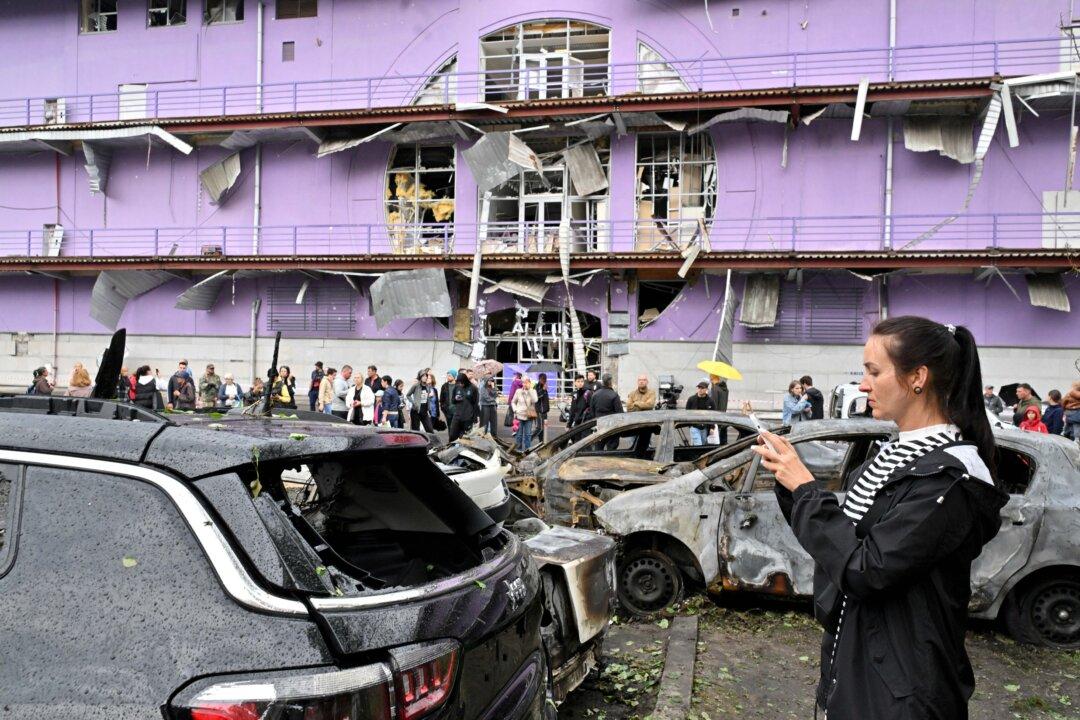President Donald Trump on May 8 urged Russia and Ukraine to enter into a 30-day unconditional cease-fire while U.S.-led peace negotiations are ongoing.
Trump stated that the temporary cease-fire must “ultimately build toward a peace agreement” between the two nations and warned that the United States would impose sanctions if the cease-fire wasn’t respected.





